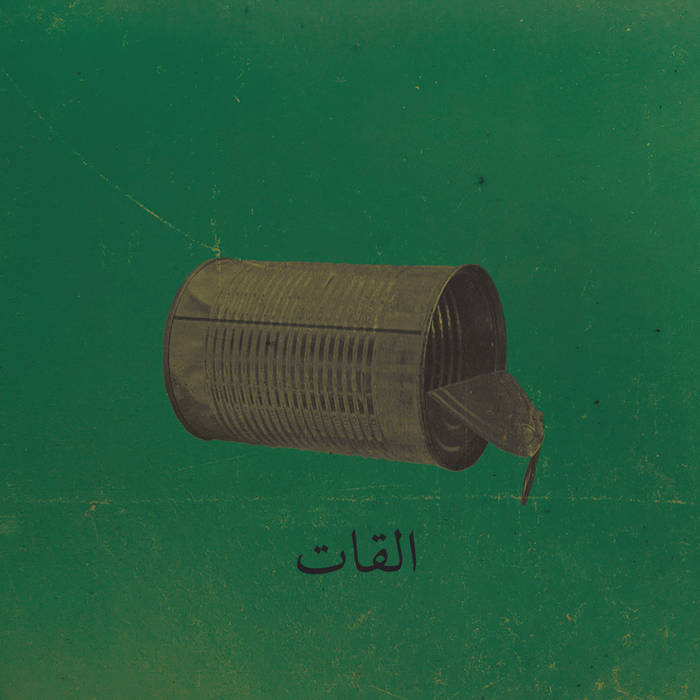It’s an interesting release, this. A little bewildering, if I’m perfectly honest, especially given that the main hook of opening track ‘Ma’afan‘ is somewhat hard to properly identify. It’s like the Israeli desert version of Trout Mask Replica.
Well OK, maybe not quite THAT extreme. It might not be the ‘coolest’ thing to admit, but I still struggle with that Beefheart album, despite its apparent present day acceptance by critics as one of the great records in our history.
No, the reason I make the analogy is because I recall my favourite ever boss telling me that he’d once been to see Trout Mask Replica performed live and that, in doing so, realised that, actually, it’s NOT just a bunch of people randomly banging their instruments on the walls and plucking guitar strings at will, incoherently. Those parts were actually WRITTEN that way. It’s just that there’s a lot going on and it takes a lot of patience to suss it all out.
And that, in essence, is what Albat Alawi Op.99 is all about. I’ve found it helps if you crank the sound right up. There’s a lot to take note of. Conventional it is not, yet there is something unfathomably appealing about it. Take ‘La Sama‘ for example, which essentially comes across as the Tel Aviv based, multinational quartet noodling around for four minutes and hoping for the best. Sure, there’s an oft repeated, kind of catchy refrain, but the breakdowns suggest a kind of loose jam, even though you suspect the opposite is true.
One thing that permeates through El Khat‘s second record is a sense of intense drama, which makes the more lighthearted numbers such as ‘Djaja‘ and ‘Ala Al Ma‘ all the more rewarding. And maybe it’s my unwitting duty as an ignorant Englishman with little knowledge of the musical culture of the Middle East, but an awful lot of the often percussion heavy tunes held within remind me of the Negev. And yes, I did have to Google “What’s the name of the desert in Israel?” – you busted me.
Still, a lot of it is very intense, even if I don’t have a clue what they’re actually singing about. But it sounds deep. I’d be disappointed if I found out they were singing about parachuting penguins or something. Although at the same time, I must admit I’d be slightly in awe of them if they were.
Often the numbers here build to a riveting climax, such as ‘Naksah Al Ras‘ which is in two parts, both only short in themselves, and ‘Leilat Al Henna‘ is somewhat engaging and hypnotic, while being the closest thing to ‘conventional’ on the record.
Anyway, if you can forgive my considerable lack of experience in this kind of music, please check it out for yourself. It is a fascinating foray outside of my comfort zone, and one that exudes a kind of charm, even if I don’t fully understand why.




